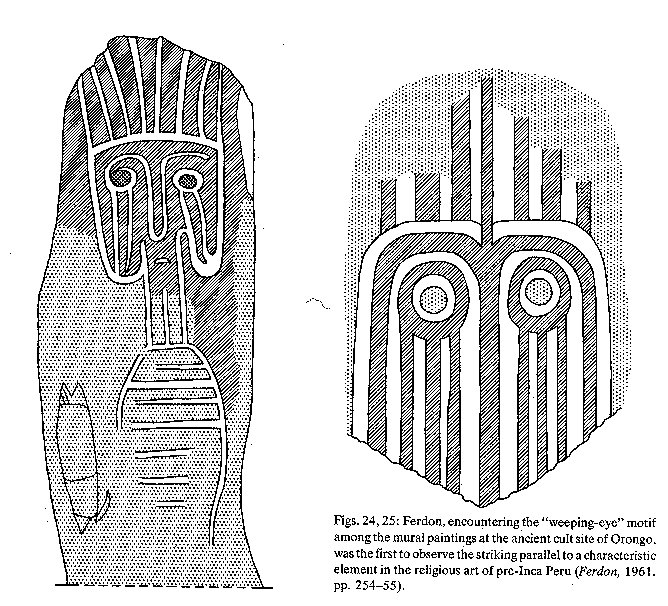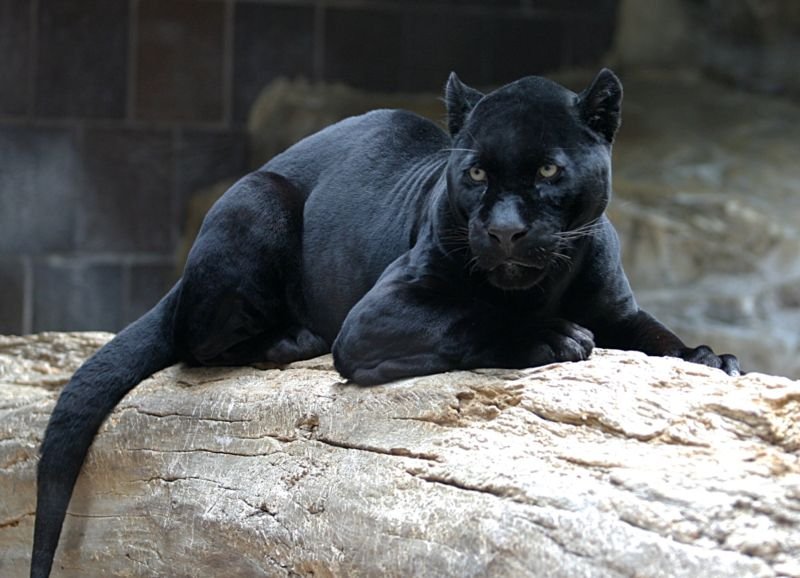This beginning of the text in Manuscript E is probably presenting a list of 10 kings (ariki). As to the apellation motogi the meaning is uncertain. Possibly the intention of the creators of the manuscript was to use a word which resembled matagi. On Easter Island there was a tendency to have the vowel 'o' where other Polynesian dialects had 'a'. Matagi. Wind, air, breeze, squall, tempest, rhumb. P Pau.: matagi, the air, wind. Mgv.: matagi, wind. Mq.: metani, metaki, wind, air. Ta.: matai, wind. Churchill. Moto. 1. Pau.: moto, fist, a blow. Mgv.: moto, a blow of the fist. Ta.: moto id. Mq.: moto, to box, to spar. Sa.: moto, a blow of the fist. Ma.: moto, id. 2. Mgv.: moto, unripe, green, raw. Sa.: moto, green, unripe. Churchill. Tagi. To cry, to weep, to moan; tatagi, to cry much; to cry loudly: he-tagi te karaga; tagata rava, tagi karaga, bawling, vociferous person. Vanaga. To cry, to bark, to mew, to bawl, to whine, to ring, to wail, to prattle, to weep, lamentation, condolence, to regret, to affect, to wish, to will, to choose, earnestness; tae tagi, inhuman, insensible, to refuse, to renounce; tagi kiukiu, ring of a bell; tagi rakerake, to wish one ill; tagi kore, indifferent; manava tagi, to affect; hakatagi, to cause to weep, to make resound, to ring; tagitagi, to covet; tatagi, cry mourning, grief, lamentation, to groan, to weep, to be affected, to grow tender; tatagi tahaga, inconsolable; tatagihaga, friendship. Churchill. These 10 'wind gods' (ariki matagi) were possibly weeping (tagi), for there were pictures of a 'weeping god' both in South America and on Easter Island.
If so, then the implication seems to be that these 10 kings were ruling in the night. For the Gateway of the Sun (in South America) had its dominant 'weeping god' motif located centrally and high up and he was looking towards the horizon in the west, with his black eyes like the enlarged pupils necessary for perceiving the feeble nighttime star lights. And in myth tears were connected with darkness: ... Originally the highly born family of the Sun, Moon, and stars dwelt in a cave on the summit of Maunga-nui, Great Mountain, in the ancient homeland. They were not at all comfortable in their gloomy home for they could not see distinctly and their eyes watered constantly ... ... The jaguar learned from the grasshopper that the toad and the rabbit had stolen its fire while it was out hunting, and that they had taken it across the river. While the jaguar was weeping at this, an anteater came along, and the jaguar suggested that they should have an excretory competition. The anteater, however, appropriated the excrement containing raw meat and made the jaguar believe that its own excretions consisted entirely of ants. In order to even things out, the jaguar invited the anteater to a juggling contest, using their eyes removed from the sockets: the anteater's eyes fell back into place, but the jaguar's remained hanging at the top of a tree, and so it became blind. At the request of the anteater, the macuco bird made the jaguar new eyes out of water, and these allowed it to see in the dark. Since that time the jaguar only goes out at night. Having lost fire, it eats meat raw. It never attacks the macuco ...
|



